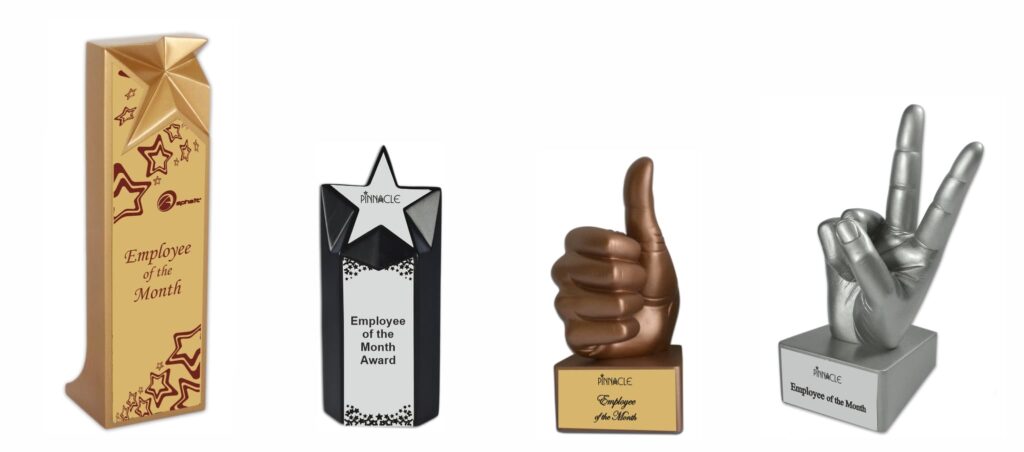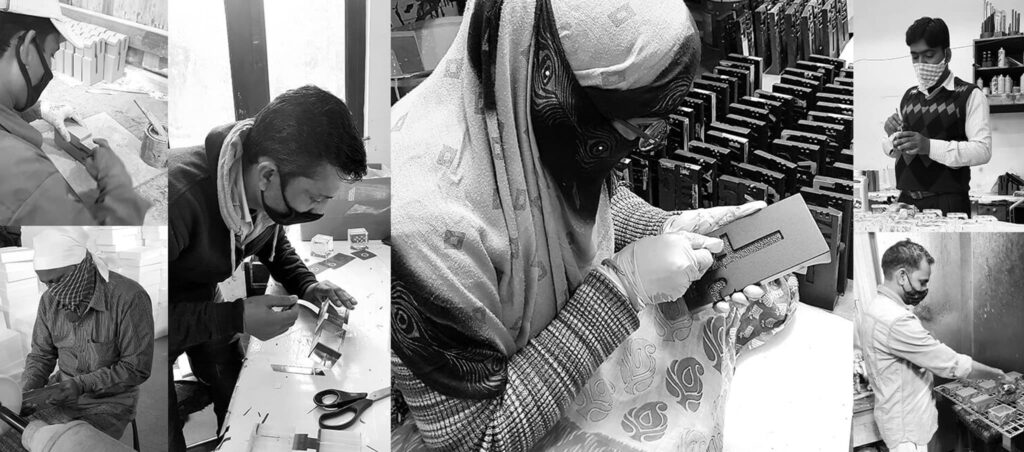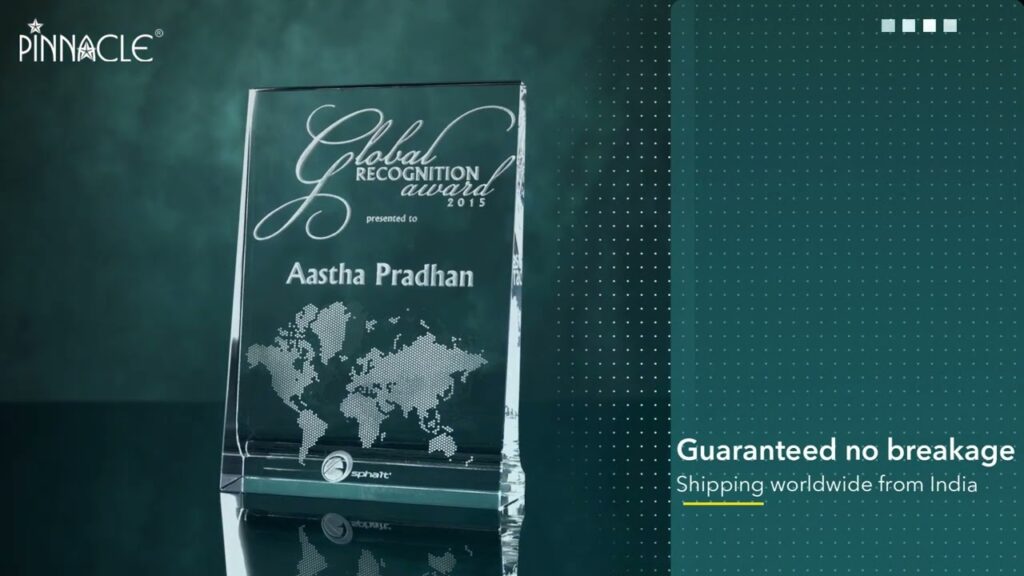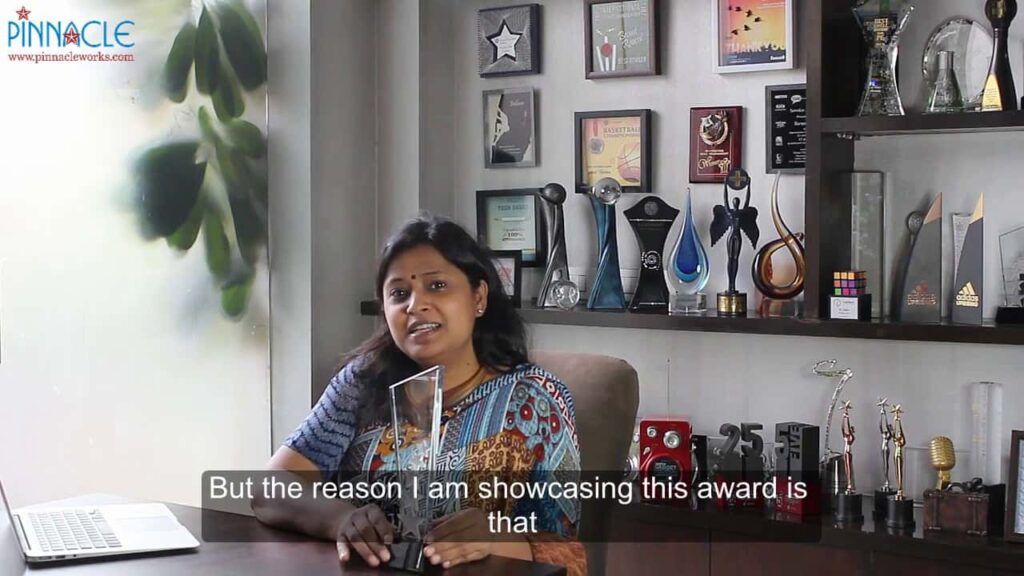Recognition is not just for winners. There is so much meaning packed into this short statement, and that is the reason why I decided to make this the title of my upcoming book. Let me elaborate.
At the fundamental level, we as humans have a need to feel wanted and appreciated for who we are and what we have done. It’s hardwired in our brains. While it is not one of the first needs we have to satisfy, it definitely is an important one that we should not leave to chance.
In fact, once the basic needs of food and shelter are met and we move up Abraham Maslow’s hierarchy of needs, the more important these needs become.
The need to belong.
The need to get acknowledged for your work and your contribution.
These needs give you more happiness and fulfilment.
And this is what a great practice of Appreciation, Recognition and Gratitude can deliver.
Reason why Recognition should be planned for every person in the organisation so that
there is a chance for everyone to fulfil their needs.
Let’s break it down with some simple math.
Imagine a sales department of a manufacturing company with 300 people. Now for the entire department, the management announces an annual award – The Best Sales Manager of the Year, for the person who brings in the maximum sales in the company.
What do you think happens when they announce this award? Well, it’s pretty safe to say that as soon as the program kicks off, about 80% of the team thinks, “This award is not for me.” They don’t even bother considering it because they can only see one spot at the top. Why try if the odds seem impossible?
So now, that award is effectively aimed at just 60 people out of the 300.
Now within the remaining 30% that is 60 people, there will be star sales performers, 20-30 people who own big accounts already, or they are the go-getters, the ones who have traditionally won this award in the past. They will be the most motivated group of people to win the award. They will go the extra mile to win it.
Fast forward 3-4 months into the program or especially after some big wins by a few of the sales team members within these 20-30 people, many more people will give up hope and stop making additional efforts. Ultimately, the race for the award narrows down to just a handful.
Not exactly what the management had in mind when they started the program. They thought it would inspire everyone to do their best.
What’s a better way then, you might ask.
There can be many recommendations but here are 3 quick and easy fixes.
1. More frequent awards: Instead of just an annual award, where only one person can win, consider doing it quarterly or monthly. This way, different people get a chance to shine.
2. More award categories: Give people hope and chances by creating various categories. For example,
a) Award for the person who won the maximum number of new accounts.
b) Award for the person who had the largest monthly increase.
c) Award for the person who was most persistent in following up and finally closing a large order.
d) Award for someone who sold the maximum new products/high profit margin products or stuck inventory, whatever is your focus for that year.
e) Award for the person who submits perfect and timely reports.
f) Connect sales with the company values and have an award for that.
3. Support these efforts with daily and weekly appreciation: This can be as simple as mentioning someone’s achievements in a meeting, sending an appreciative email, or giving a card with a personalised message.
Awards should not always be based on the end result. They should also be based on effort, on how much a person is changing or making an effort to change. That is what will encourage each and every individual to put in their best and move the bar for the organisation to achieve big goals and achieve them faster.










